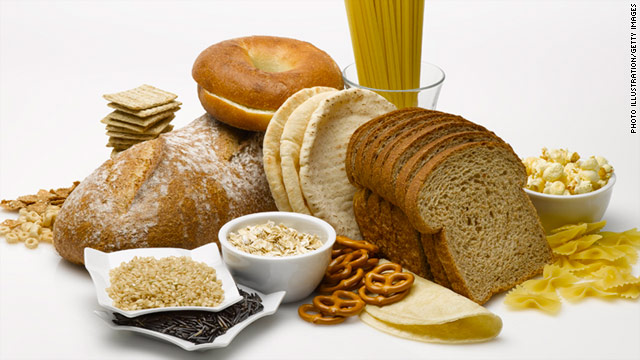Gluten and Lactose can cause many people symptoms and problems that are similar to those of food allergies. Food allergies are an immune system reaction that occurs soon after eating a certain food. Intolerance of gluten and lactose is a less serious condition that does not involve the immune system. More information on the differences can be found at the mayo clinic website www.mayclinic.org/foodallergy.
Although technically not an allergy gluten intolerance can be painful and uncomfortable. It can also lead to celiac disease. Most people know that lactose intolerance is an intolerance to milk and milk products such as cheese and ice cream. I did not know what gluten was or what happens if it causes you a problem. Gluten, I learned is a protein found in wheat, rye, and barley.
I read a very good article about gluten intolerance by Katrina Plyer who found out she had celiac disease and was gluten intolerant. The article can be found at www.health.usnews.com/surprisingsignsof glutenintolerance. She notes that many of the symptoms of gluten intolerance can mimic those of an allergy.
Symptoms can include:
- Gastrointestinal effects
- Malabsorption of vitamins
- Skin rash
- Migraines
- Joint Pain
- Lactose Intolerance
- Chronic Fatigue
- Fibromyalgia
Gastrointestinal problems are common for food allergy sufferers as are skin rashes. It is difficult to tell whether one is suffering from an allergy or an intolerance.
The solution for both though is to avoid an foods that cause distress.
